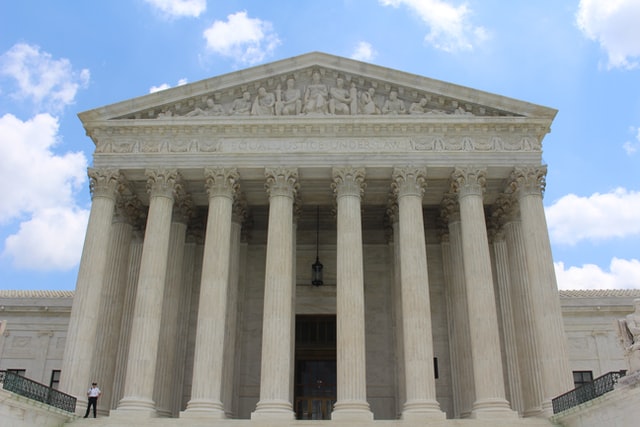Patent practitioners are keenly aware that inequitable conduct allegations are commonplace in patent litigation. A finding of inequitable conduct has numerous adverse consequences for patent owners, including the possible loss of patent rights, exposure to antitrust claims, and an award of an accused infringer’s attorneys’ fees. Because the impact of an inequitable conduct finding is so severe—the Federal Circuit has rather famously referred to the defense as the “atomic bomb” of patent law—it is little wonder defense counsel routinely allege the defense. However, even an allegation of inequitable conduct can create significant ethical worries for patent prosecutors.
Indeed, in a recent filing, McCabe & Ali, LLP partner Michael E. McCabe, Jr. urged the U.S. Supreme Court to take on a challenge to the standard of review applicable to certain inequitable conduct matters. More specifically, in GS CleanTech Corp. v. Adkins Energy LLC et al., Mr. McCabe’s amicus brief to the U.S. Supreme Court argues that the district court’s summary judgment finding, which resolved the issue of materiality, should have been reviewed by the Federal Circuit de novo. This level of deference (or lack thereof) would have provided a second set of eyes on the important factual predicates underlying the district court’s finding of inequitable conduct.
The amicus brief argues that the Federal Circuit’s application of an abuse of discretion standard to partial summary judgment on the issue of materiality creates a split with the other circuit courts, which uniformly apply de novo review for such dispositive motion rulings. Moreover, the allegations concerning inequitable conduct could be the centerpiece of a subsequent disciplinary proceeding by the USPTO’s Office of Enrollment and Discipline. Mr. McCabe was quoted in Law360 about this important issue stating that: “patent cases often involve issues resolved by summary judgment, and every court — except the Federal Circuit — uniformly applies de novo appellate review.”
Without a de novo review, patent practitioners are forced to endure sometimes mistaken allegations of inequitable conduct, only to end up before the disciplinary authorities. In sum, Mr. McCabe concluded, “[t]he failure to follow national norms for standards of review harms the Patent Bar by leading to inconsistent decisions on important issues of national consequence.”
The Supreme Court is expected to decide on the original petition, filed by GS CleanTech Corp., shortly.
